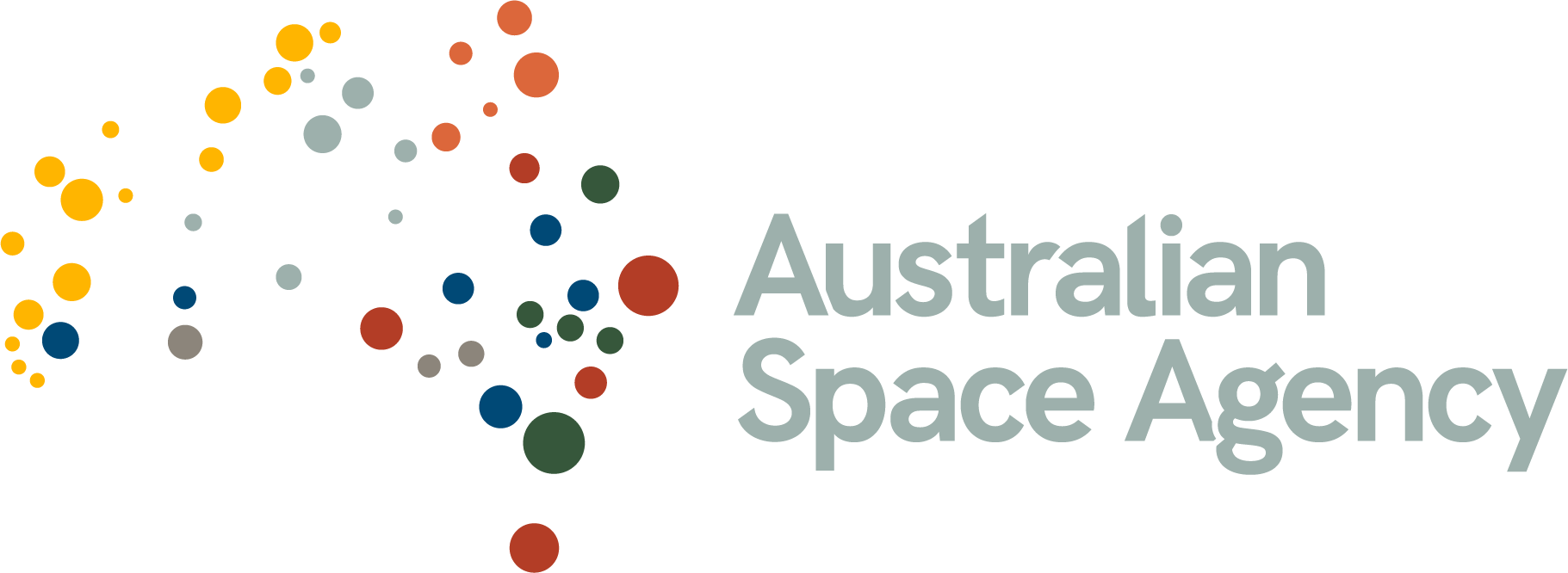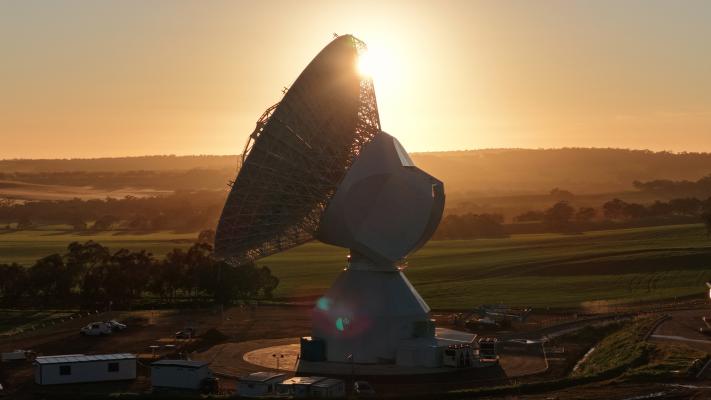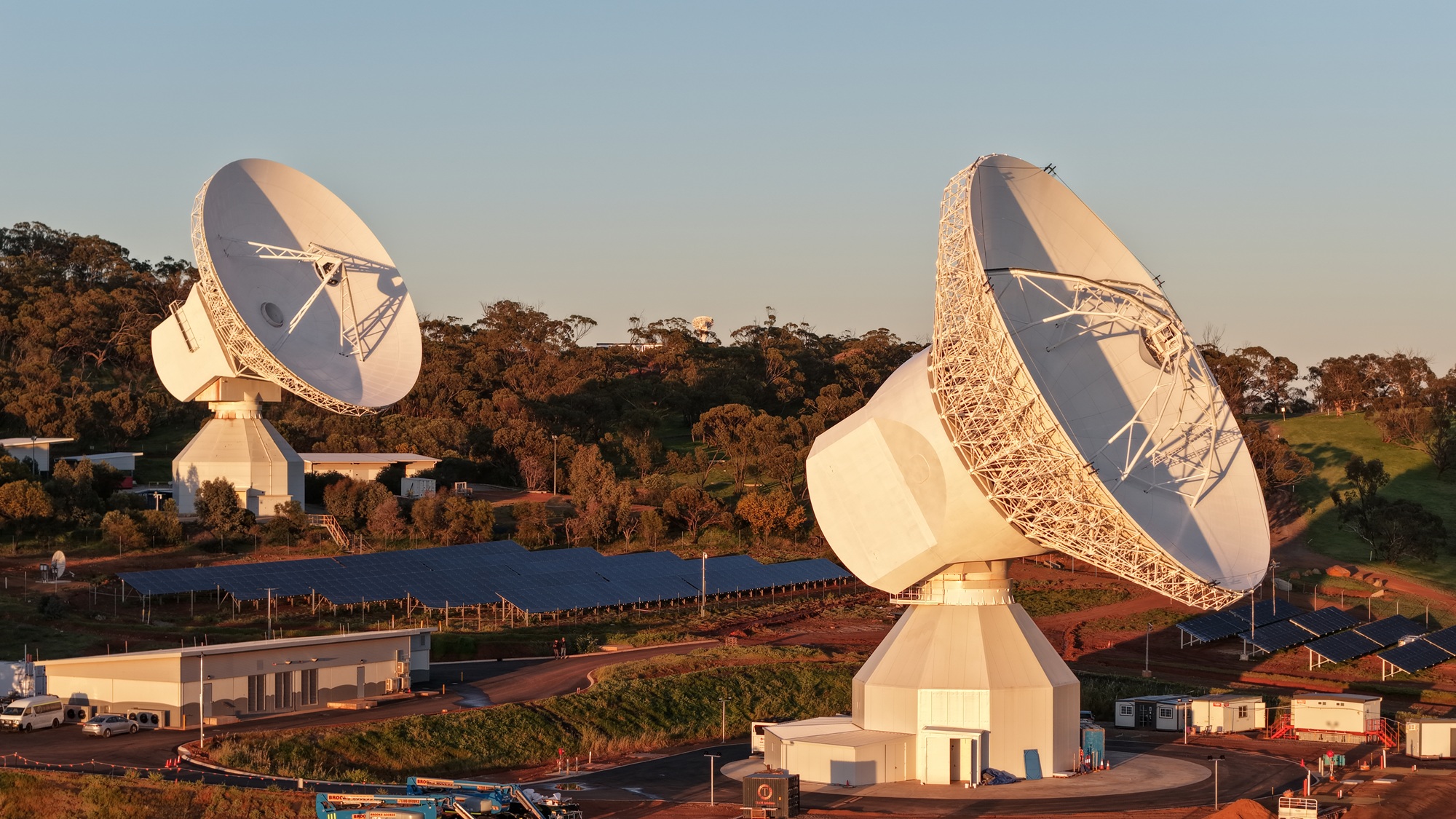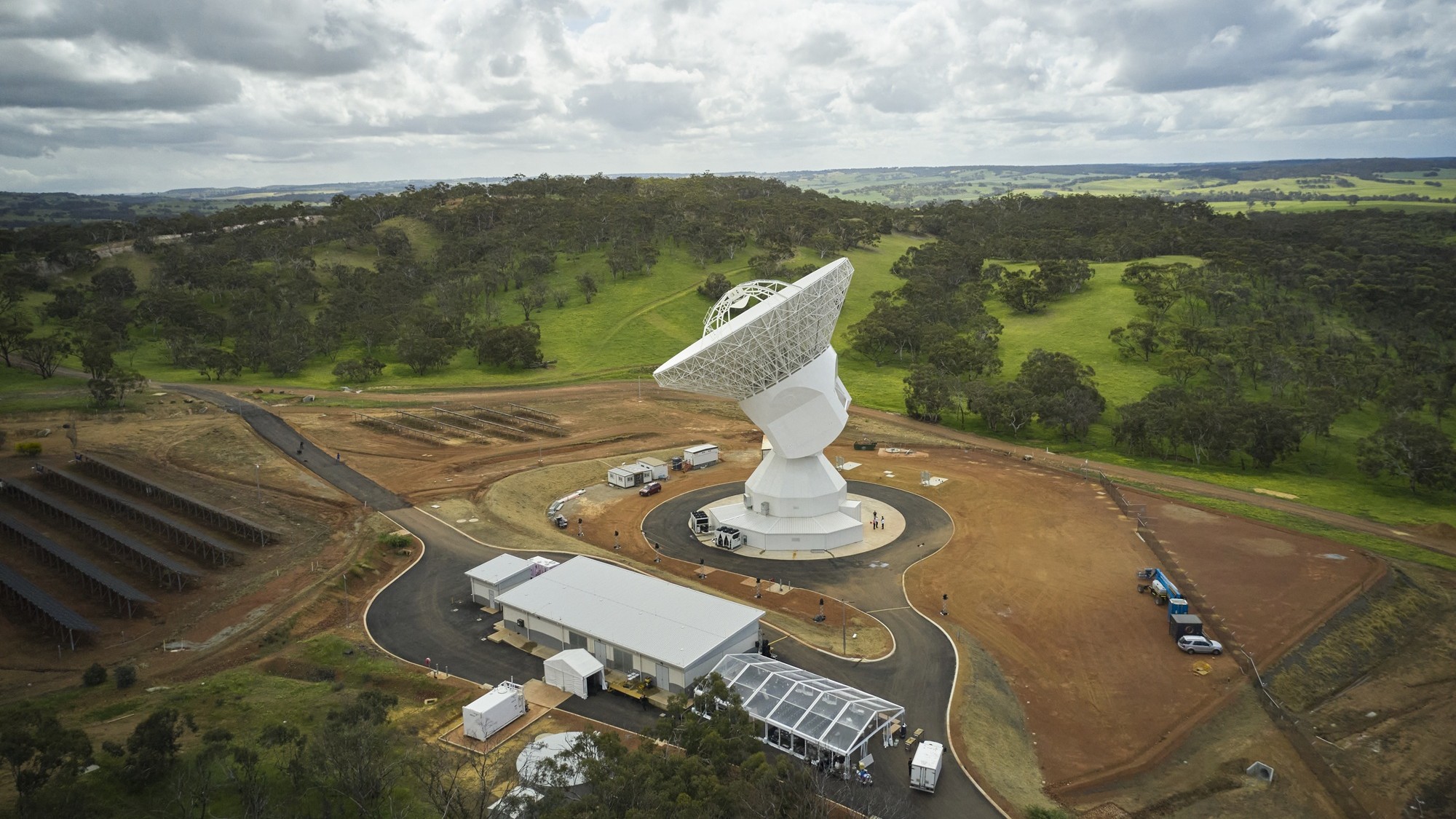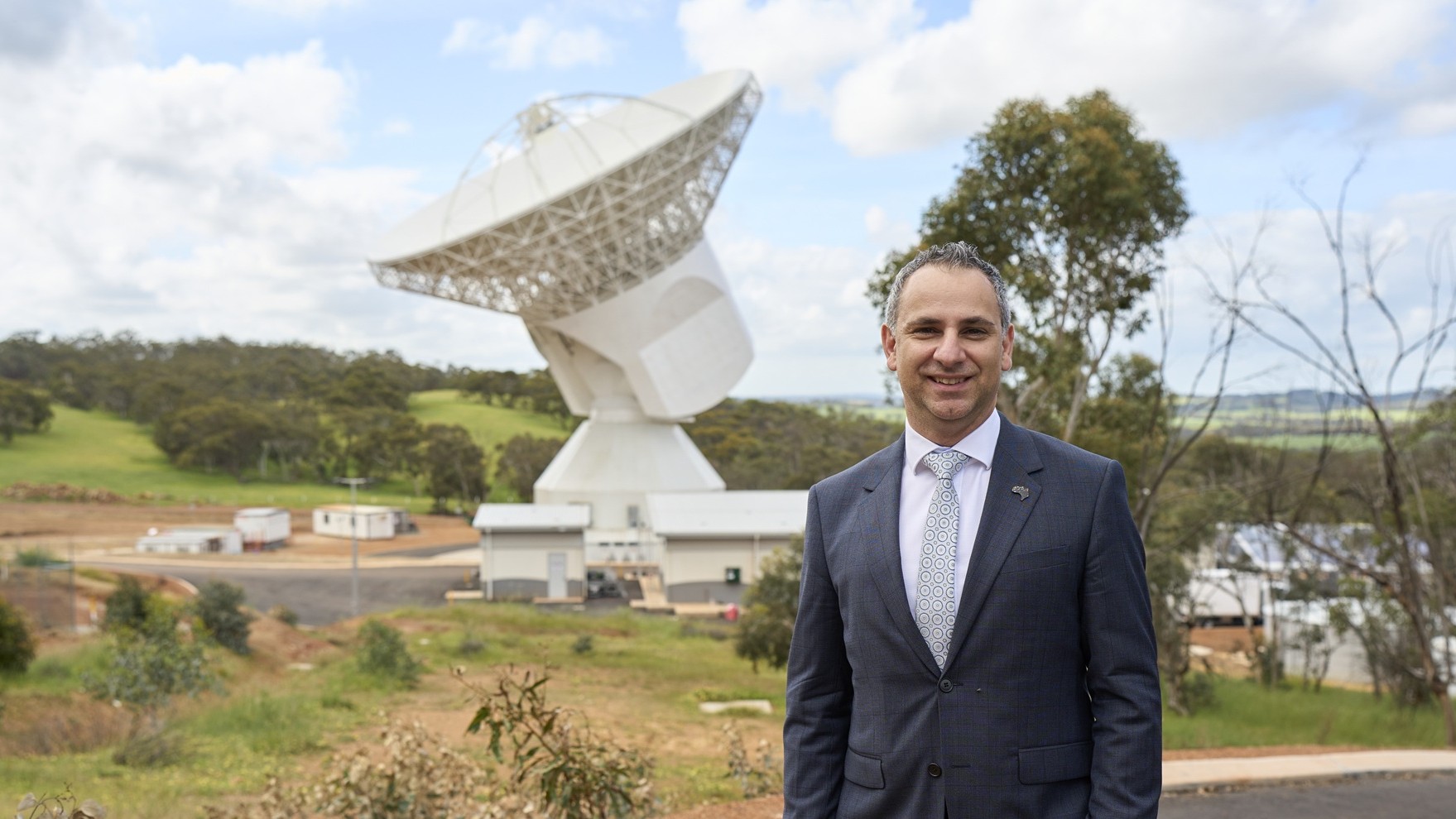There's a new symbol for Australia and Europe’s space partnership – a 35-meter-deep space antenna in our western outback.
The European Space Agency’s (ESA) most advanced deep-space communication technology, New Norcia 3, was inaugurated today by its Director General Josef Aschbacher and Head of the Australian Space Agency Enrico Palermo.
Co-funded by Australian Space Agency, this project is part of ESA’s Estrack ground station network that will strengthen Europe’s capabilities to communicate with scientific, exploration, and space safety missions across the Solar System.
New Norcia 3 is located 140 kilometres north of Perth in Western Australia and provides a strategic geographical position allowing around-the-clock coverage for deep space missions.
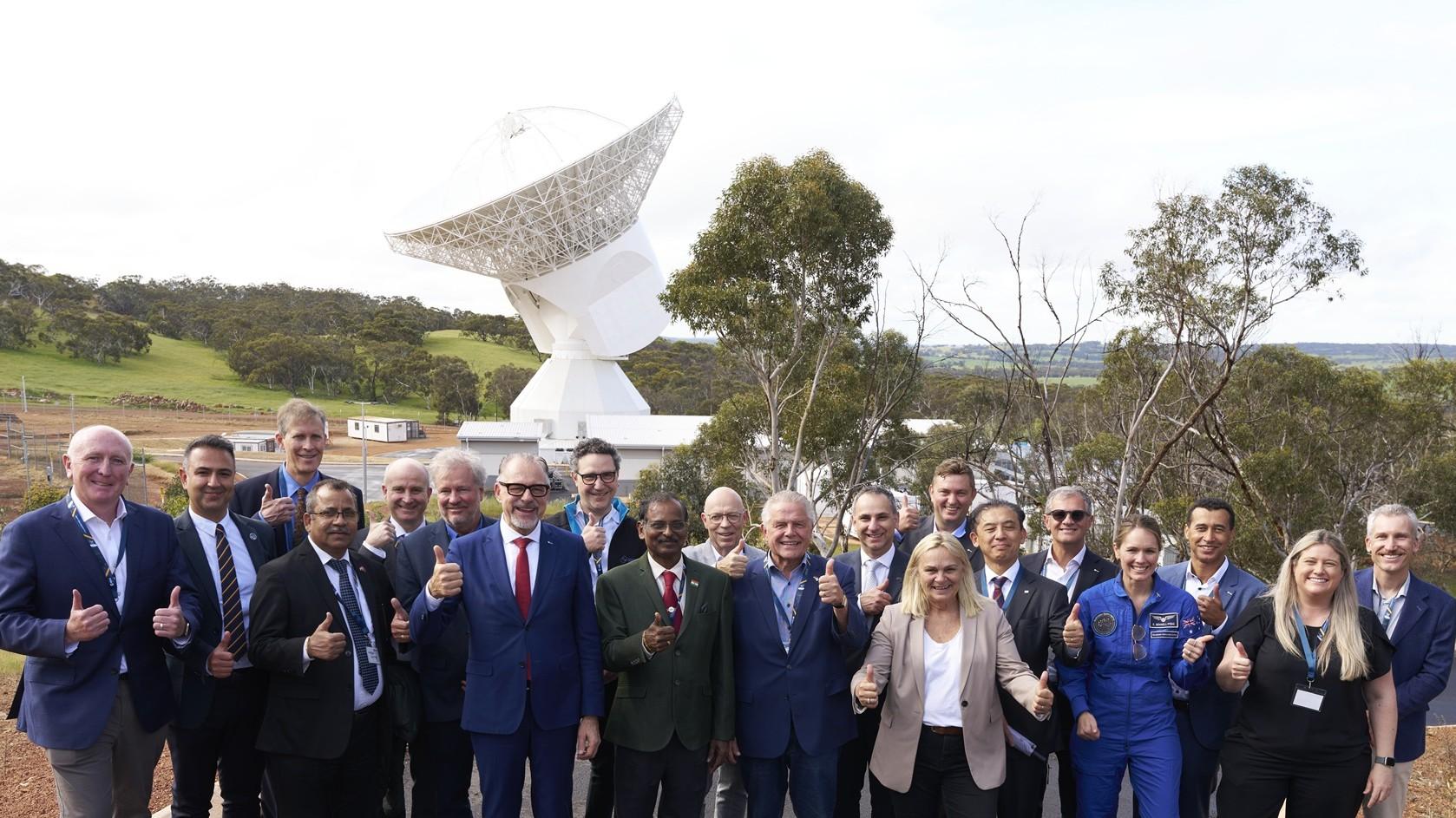
Long-term AU-EU cooperation in space domain
Australia has shared a close and productive space partnership with Europe for over 40 years, covering areas of deep space communications, navigation, data analysis, mission support, and more recently, human spaceflight.
“Australia is well-known as a trusted, experienced and capable operator in deep-space communications. This investment by ESA and the Australian Government will unlock millions of dollars in local economic value as well as employment over the projected lifetime of 50 years.
“It’s another chapter in the story of Australian and European partnership in space, which we will grow further as we begin to negotiate a new Cooperation Agreement between Australia and ESA.”
~ Head of the Australian Space Agency Enrico Palermo
Earlier this week at the 76th International Astronautical Congress, the Australian Government announced the mandate to begin negotiations on a Cooperation Agreement between Australia and ESA.
This would establish a formal mechanism for local businesses and researchers to access ESA's space science program and missions as well as for further European activity in Australia.
New Norcia 3: A critical enabler for global space exploration
When the new antenna enters service in 2026, it will support ESA’s current flagship missions, including Juice, Solar Orbiter, BepiColombo, Mars Express and Hera. New Norcia 3 will also be a critical enabler for upcoming missions including Plato, Envision, Ariel, Ramses and Vigil.
“This strategic investment reinforces ESA’s deep-space communication capabilities and maximises the return of our missions' most valuable asset: data delivered from spacecraft voyaging far from Earth.
“New and exciting opportunities between the European and Australian space sectors are opening up with Australia announcing this week a mandate to begin negotiations on a cooperative agreement with ESA.”
~ Director General, European Space Agency Josef Aschbacher.
New Norcia 3 is ESA's most advanced deep-space communication technology, including several components that can be cryogenically cooled to around -263°C, near absolute zero. This sensitivity allows it to detect extremely weak signals from distant spacecraft and to maximise data return.
The new antenna will also serve ESA’s efforts towards international collaboration. As part of mutual cross-support arrangements with the agency’s partners, the new antenna can support space agencies in the US, Japan and India, as well as commercial space missions, boosting science return and operational efficiency for all parties involved.
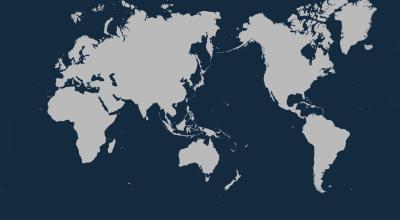
International partnerships
We are the gateway for the global space industry to engage with Australia in space, fostering strong international partnerships for our national sector.
Main image credit: ESA.
